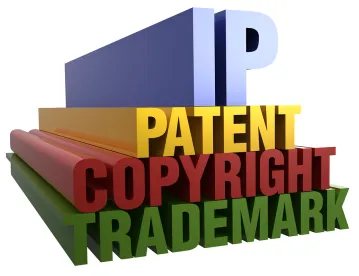The U.S. Court of Appeals for the Federal Circuit vacated an order modifying a protective order to allow the use of confidential discovery material in foreign litigation, explaining that courts facing such questions must consider the law applicable to standalone requests under 28 U.S.C. § 1782 (2012) for discovery to be used in foreign cases. In re POSCO, Case No. 15-112 (Fed. Cir., July 22, 2015) (Dyk, J.) (Hughes, J., concurring).
Nippon Steel & Sumitomo Metal sued POSCO and an affiliate in the United States for patent infringement and unfair competition. Like most district court protective orders, the one in this case prohibited the parties from using confidential material gained in discovery except“for purposes of the prosecution or defense of th[e] action.” Nippon Steel subsequently filed a lawsuit in Japan against POSCO for trade-secret misappropriation, and POSCO filed a mirror-image declaratory-judgment lawsuit in Korea. To avoid the difficulties of conducting discovery in Japanese and Korean litigation, Nippon Steel asked the district court to modify its protective order to permit its Japanese and Korean lawyers to use certain confidential documents provided by POSCO in the U.S. case. Applying the general U.S. Court of Appeals for the Third Circuit standard for modifying protective orders, the district court granted Nippon Steel’s request, provided that the foreign courts agreed to keep the materials confidential and restrict public access to them.
POSCO petitioned the Federal Circuit for a writ of mandamus, which the Court issued, holding that the district court’s analysis failed to account for 28 U.S.C. § 1782, which provides a mechanism for litigants in a foreign forum to obtain discovery in the United States. The Court explained that although § 1782 does not govern the modification of a protective order to permit the use of domestic discovery in a foreign proceeding, “the considerations articulated under § 1782 and [the Supreme Court’s construction of it] must be considered together with other considerations pertinent under Federal Rule of Civil Procedure 26.” Those considerations are whether the U.S. provider of the discovery is a participant in the foreign proceeding; the nature of the foreign tribunal, the character of the foreign proceedings, and the receptivity of the foreign tribunal to U.S. judicial assistance; whether the actions in the United States are attempts to evade foreign discovery restrictions; and whether the request is intrusive or burdensome.
Because the district court did not consider these factors, the Federal Circuit vacated the order and remanded the case for reconsideration of Nippon Steel’s request under the appropriate standard.
Although Judge Hughes concurred in the result, he disagreed with the majority’s analysis, reasoning that § 1782, which applies on its face to requests by foreign litigants for permission to take discovery in the United States, has no bearing on how the parties to an existing U.S. litigation can or cannot use materials gained in discovery. In his view, Nippon Steel’s request was no different than any other request to modify a protective order. Nevertheless, he concurred in the result reached by the majority, explaining that the district court erred in purporting to restrict foreign courts.




 />i
/>i

